Hot or cold, your eczema can have flare-ups during multiple times of the year

At one point, you thought you cracked the code about your eczema. It’s those darn winter winds drying out your skin! But then, one summer day after stepping out of a chlorine pool, you start to notice that familiar redness around your fingers.
Advertisement
Cleveland Clinic is a non-profit academic medical center. Advertising on our site helps support our mission. We do not endorse non-Cleveland Clinic products or services. Policy
So, what gives? Does your eczema hate cold weather or hot weather? It turns out, both can be triggers for eczema.
Eczema, the most common type of atopic dermatitis, causes patches of extremely dry, itchy and inflamed skin on an affected area. Sometimes, it can appear scaly or crusty. But whatever form it takes, the itchy rashes can cause anywhere from general discomfort to keeping you up all night scratching.
And eczema can be tricky to prevent because it affects everyone differently. For most people, eczema flares come and go. Depending on your triggers or how your eczema fluctuates over time, either the winter or summer — or both — can cause your eczema to go haywire.
“There’s not one answer that works for every person,” says dermatologist John Anthony, MD.
But there’s a way to cope with seasonal eczema — no matter what kind you have. Dr. Anthony breaks down how different types of seasonal eczema can manifest — and how to find relief.
You can have flare-ups at different parts of the year. It all depends on where you live and the common temperatures in your area. But you’re most likely to have the most grief with your eczema during extreme weather conditions, that is, during the extreme cold or hot seasons.
Advertisement
But this doesn’t mean you can’t experience flare-ups in other seasons. Keep reading to learn how the fall and spring seasons can trigger your eczema as well.
No matter what season triggers you, the first thing you should figure out is just that — your personal eczema triggers. Maybe it’s the cold winter wind that causes your skin to dry out. Or maybe it’s the sweat dripping from your skin during the summer that causes your flare-ups. In some cases, it can be both. That’s why it’s good to identify ALL of your triggers — whether they’re weather-related or not.
It’s always best to avoid triggers that worsen your eczema, such as certain skin care products, perfumes or detergents. In general, it’s best to stick to fragrance-free and hypoallergenic options.
Additionally, follow these tips to protect yourself against seasonal-specific flare-ups:
Ah, winter. ‘Tis the season for cozy sweaters, crackling fires, mugs of hot cocoa — and eczema flare-ups. Sigh.
Several factors team up to make them more common in the cooler months, points out Dr. Anthony. “Cold air, wind and a decrease in humidity can all dry out skin,” he says. “That loss of moisture can cause eczema to flare.”
But winter doesn’t have to equal itchy skin misery. If you or your child has eczema, take steps this winter to keep flare-ups at bay.
Indoor heating systems can reduce the humidity in your home, contributing to dry skin.
“When temperatures plunge, the relative humidity goes down,” Dr. Anthony says. “Using a humidifier in the house can help put moisture back into the air.” This is especially helpful in your bedroom while you sleep.
“Many people find their eczema isn’t so bad in summer. But when fall and winter arrive, you really have to double down on their moisturizing efforts,” Dr. Anthony notes.
If this sounds like you, Dr. Anthony recommends applying a thick moisturizer right after you get out of the shower or bath to lock in moisture when your skin is still damp.
“Petroleum jelly or heavier creams tend to work better than lighter lotions or gels,” he says.
When the temperature dips outside, a steamy shower can feel like a treat. But it might make things worse. “Hot water can take protective oils out of the skin and cause inflammation,” Dr. Anthony explains. “It’s better to bathe in water that’s comfortably warm, but not hot.”
Winter eczema on the hands is a common problem. In winter, eczema often crops up on the hands and face, as they’re frequently exposed to cold, dry air. Cover up with gloves and scarves when you’re out in chilly, windy weather.
Advertisement
Exposure to cold air can cause a flare-up, but dressing too warmly isn’t the answer either. Bundling up in overly warm clothes can make you sweat. And damp, sweaty clothes sitting on your skin can also irritate eczema.
“You have to find a balance,” Dr. Anthony says. If you’re doing something active and expect to sweat, choose quick-drying fabrics. Lightweight, breathable cotton clothes can be helpful, but you might want to avoid thick cotton sweaters, which stay soggy if you sweat.
He also recommends avoiding wool, as it’s often itchy and irritating to the skin. Scratching at your skin can cause open wounds that lead to infection, making things worse. “With eczema, do whatever you can to avoid itching,” he emphasizes.
Summertime is the season for shedding your layers and hitting the beach — but what if you’re experiencing flare-ups during the warm season, too? You’re not alone.
Eczema flare-ups during the summer are not unheard of. You may be triggered due to sweating more or even because your skin is exposed to irritants like chlorine and saltwater when swimming.
Here’s how to fight eczema flare-ups brought on by the summer heat.
Even in the summer, it’s essential to keep your skin well-hydrated. Use a fragrance-free, hypoallergenic moisturizer after bathing and throughout the day. Choose a lighter, non-greasy moisturizer suitable for warm weather.
Advertisement
Excessive sun exposure can trigger eczema flare-ups for some people. And while you should be using sunscreen in the summer anyway, pay extra care if sun exposure is one of your triggers. Use a broad-spectrum sunscreen with at least SPF 30 when spending time outdoors. Additionally, wear lightweight, breathable clothing that covers your skin to protect it from the sun’s harmful UV rays.
Sweating can irritate eczema-prone skin. Try to stay cool in hot weather to minimize sweating. Use fans or air conditioning, wear loose-fitting clothing, and take cool showers as needed.
Staying well-hydrated and keeping your body temperature regulated can help prevent eczema flares. Drink plenty of water and use fans or air conditioning to avoid overheating.
If you enjoy swimming in the summer (who doesn’t!), be aware that chlorine in swimming pool water and salt in ocean water can be irritating to eczema-prone skin.
After swimming in a pool or the ocean, rinse off immediately to remove any chlorine or salt from your skin. Then, follow up with a moisturizer to lock in hydration.
Opt for lightweight, breathable and loose-fitting clothing made from natural materials like cotton. Avoid synthetic fabrics, as they can trap heat and moisture against your skin, leading to irritation.
Advertisement
Tossing and turning because of the heat happens to everyone, but if you have eczema, you may find yourself scratching more during balmy nights. To ensure a comfortable night’s sleep, use lightweight, breathable bedding and sleepwear. If your room is too warm, consider using a fan or air conditioning.
Depending on where you live, fall and spring can be seasons when the weather is less extreme. But allergies and other factors can still come into play. For example, if you get triggered by pollen, a windy spring day may be your eczema’s worst nightmare.
“Since this is a time where we begin to pursue outdoor activities after a long winter, you start being exposed to factors that cause your eczema to flare,” says Dr. Anthony.
Plus, depending on where you live, you may experience a cool spring day or even a hot fall day. Again, once you know your triggers and understand how certain weather affects you, there are many ways to find relief from warm or cold weather.
You have a humidifier running, you take lukewarm showers, you wear moisture-wicking fabrics and slather on the moisturizer. Yet you still have out-of-control eczema?
One of the many frustrating things about this condition is that you can do everything right and still get a flare-up. If your eczema is still not getting better despite your best efforts, it may be time to see a specialist and ask for further guidance.
“Everything you do to protect your skin is useful, but eczema can still break through,” Dr. Anthony recognizes. “If that’s the case, talk to your primary care doctor, pediatrician or dermatologist. There are prescription therapies we can use to help get eczema under control.”
Learn more about our editorial process.
Advertisement
There’s not one specific cure-all diet for eczema, but it helps to keep track of what you eat and when you experience symptoms
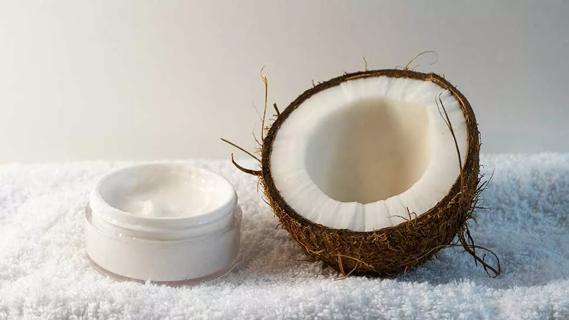
Colloidal oatmeal, petroleum jelly and other around-the-home products can help provide needed relief
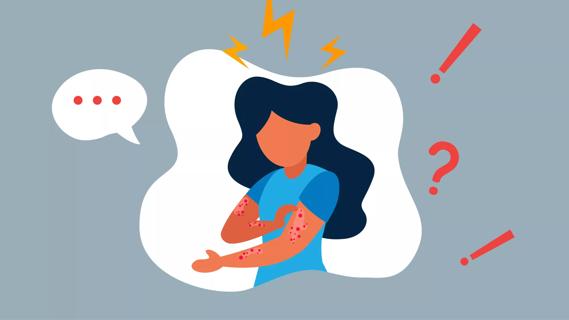
Your body’s natural response to stress can lead to painful skin irritation
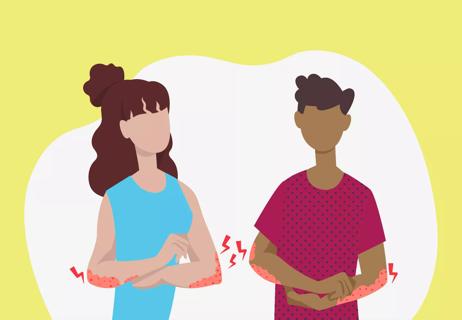
From hyperactive immune response to disordered nerve connections, the itch is real
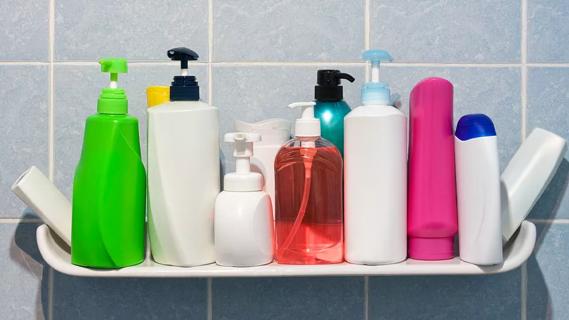
Eczema triggers are different for everyone, but there are some common ways to manage and prevent flare-ups
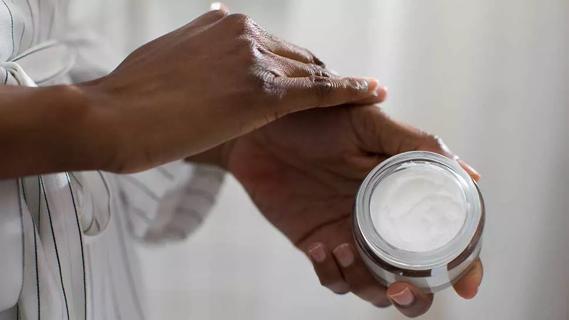
Keep your showers short and lukewarm, and moisturize promptly after with a cream containing ceramides
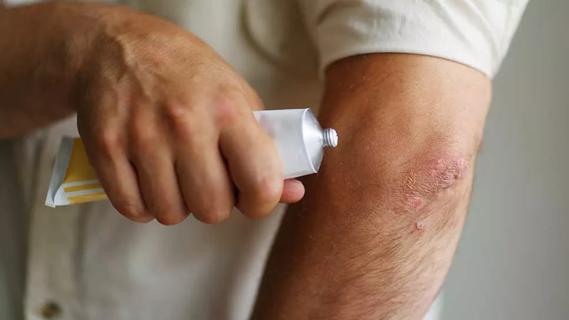
Steroids, self-injections and medications can be game changers
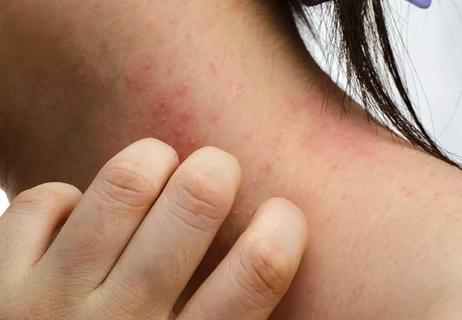
Changing your wardrobe or environment won’t eliminate eczema, but it can help reduce flares

Wearing a scarf, adjusting your outdoor activities and following your asthma treatment plan can help limit breathing problems

Your diet in the weeks, days and hours ahead of your race can power you to the finish line

When someone guilt trips you, they’re using emotionally manipulative behavior to try to get you to act a certain way